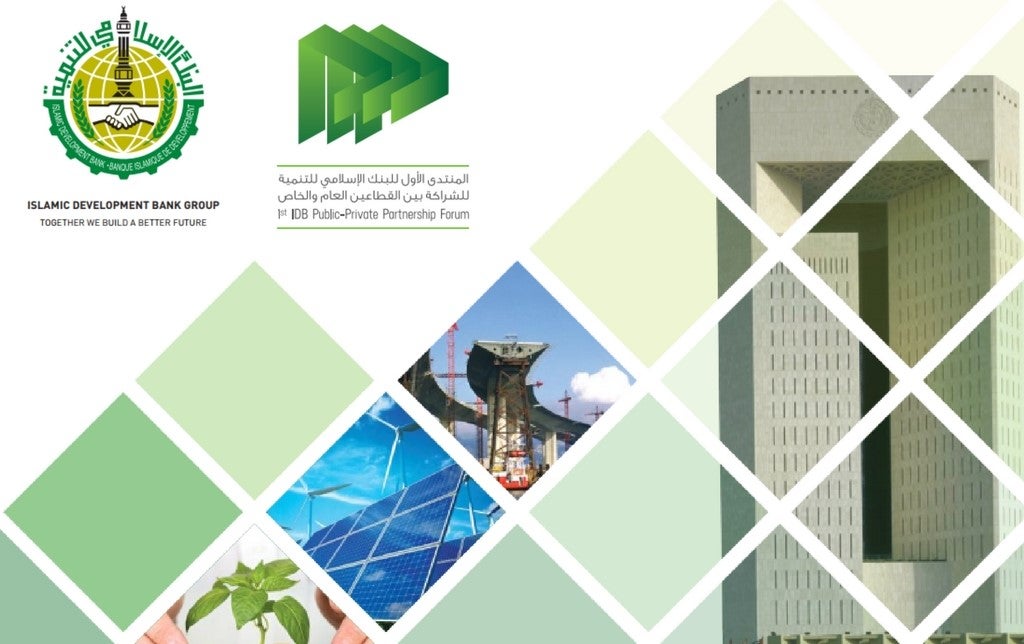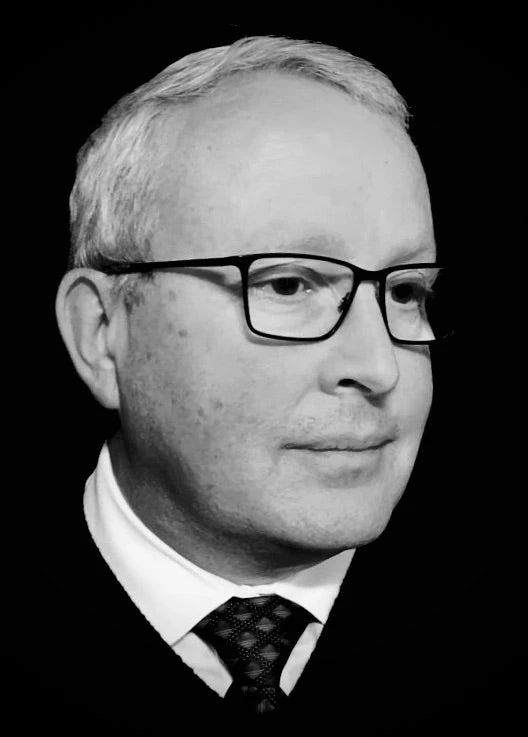
“Proceeding from the Islamic Development Bank’s interest, as well as my personal concerns about what benefits the Member Countries, where the subject of partnerships between the public and private sectors (PPPs) has become a major hub in fostering development in several sectors in many countries, I have initiated a forum to address the most significant issues and topics related to the importance of partnerships between the public and private sectors, in addition to the optimal means to activate them and benefit from their acclaimed development role."
– Dr. Bandar Mohammed Al-Hajjar, President, Islamic Development Bank
The first Islamic Development Bank (IsDB) Public-Private Partnership (PPP) Forum took place in Riyadh, Saudi Arabia in March 2017, which I attended as a guest moderator and panelist. The IsDB organized the Forum to support its communication with its member countries by initiating a debate that would introduce forum participants to opportunities and challenges that PPPs present in various countries and various sectors.
Additionally, member countries face serious infrastructure challenges as conflict or post-conflict countries where massive amounts of investment will be required to rebuild and re-habilitate seriously damaged infrastructure. These are not the only challenges. Other challenges include the lack of institutional capacity, limited capital and financial resources, the absence of legal frameworks, and challenged enabling environments.
Careful planning and an ongoing commitment by the IsDB can mitigate many of the challenges that are faced. The IsDB leadership realizes that it needs a pragmatic approach to PPPs that is flexible, based on best practices, and which is cognizant of perceptions of political stability. Potential investors may also require education on how the financing of Sharia-compliant projects works.
Due to unique geographies, regional specific climatic-influenced needs, and levels of societal development, the types of PPP projects that need alternative gap financing can be divided into two groups: either hard or soft projects. Projects to date within the IsDB sphere of influence have been predominantly water, energy, and transportation (hard projects) and healthcare, and education (soft projects). It is expected these types of projects will remain the focus for the foreseeable future.
The infrastructure funding gap for the 57 member countries is estimated to be in the range of approximately $93 billion per year. This gap creates a challenge, but one that I believe can be addressed by PPPs. The urgency to close the gap is also driven by the challenge that declining oil and gas prices has imposed on its oil rich member states.
The IsDB is becoming increasingly serious in its consideration of PPPs. To date, the IsDB has a PPP portfolio of 44 transactions in 17 countries that value $80 billion. This commitment of funding has been insufficient to close the gap and there is acceptance that a greater emphasis and commitment is needed by the IsDB to mobilize its resources to support a focused PPP program for its member states. Mobilization will include finding ways to catalytically leverage private sector finance to complement public sector funding.
Part of the IsDB PPP programmatic focus will be driven by commitment to the 17 UN Sustainable Development Goals (SDGs), six of which have been identified by the IsDB as priorities. They include: good health and wellbeing; quality education; clean water and sanitation; affordable and clean energy; industry innovation and infrastructure; and sustainable cities and communities.
Throughout the Forum, it was clear the IsDB wants to hear what the aspiring PPP community is thinking. At the end of each of the forum’s four sessions the organizers polled attendee opinions—in real time—through a set of screen projected questions.
Following the sessions, here are some of the issues discussed among the 300 delegates:
- There is a need to strengthen partnerships between the public and private sector, and define their roles. Consider the perspectives of investors when promoting PPP opportunities.
- The IsDB has had a number of successful PPPs that can serve as models for future projects. Best practices learned from them should be shared with member states considering PPPs.
- Countries should identify pilot projects that can serve as prototypes for future PPP projects, instead of arbitrarily launching projects. No one PPP model should be applied as a template approach to PPPs. Each country’s unique needs as well as each project’s unique characteristic must be considered.
- Identify priority projects that are compliant with the SDGs.
- National strategic programs (e.g. the Kingdom of Saudi Arabia’s 2030 Vision) will require considerable funding and the support of the IsDB institutional knowledge. This knowledge will enable member states to build the capacity to promote and deliver successful PPP projects.
- There is a need for PPP legislation to protect both the public and private sectors. Additionally, PPP centers of excellence or PPP units should be established and tasked with supporting PPP programs and building institutional capacity.
- An emphasis should be placed on transparent and open procurement processes and competitive bidding. Mechanisms need to be introduced that ensure that only viable, bankable, and sustainable projects are selected for inclusion in PPP project pipelines.
- Sovereign guarantees or credit worthy independent funds need to be established that can provide guarantees for PPPs.
- Countries should acknowledge that at times PPPs should not be pursued as an option for alternative project financing.
The discussion generated at the forum will help pave the way for the fresh commitment the IsDB is making to PPPs in the coming year. It will be interesting to see what progress has been made when the 2nd PPP Forum is held in 2018.
Click here to see the proceedings of the IsDB Forum on YouTube.
Media and other references to the Conference:
- IsDB
- Arab News
- Eye of Riyadh
The full version of this blog appeared on David Baxter's LinkedIn page.
Disclaimer: The content of this blog does not necessarily reflect the views of the World Bank Group, its Board of Executive Directors, staff or the governments it represents. The World Bank Group does not guarantee the accuracy of the data, findings, or analysis in this post.


Join the Conversation